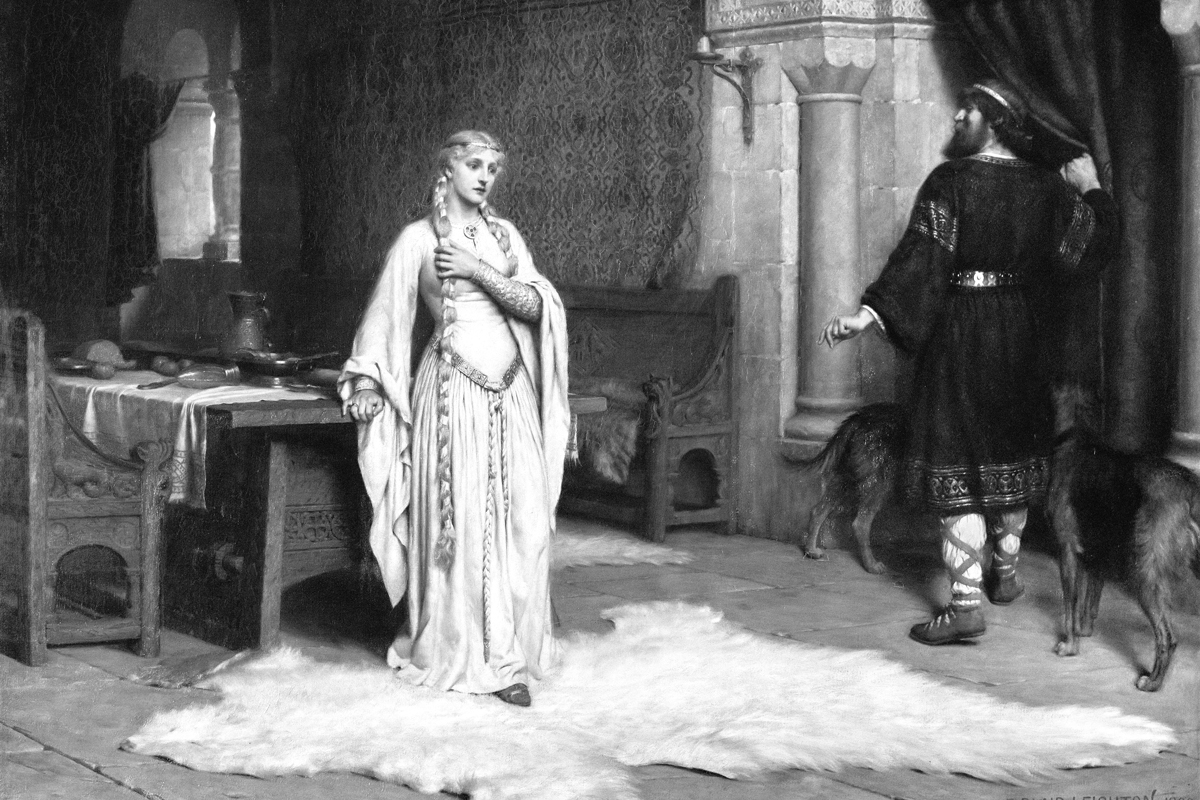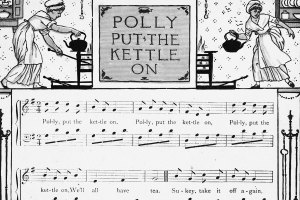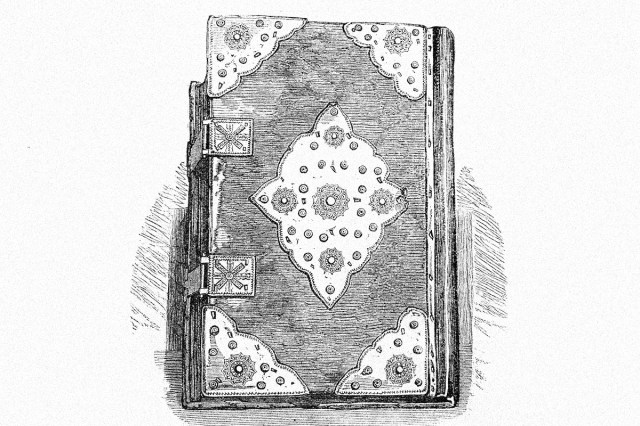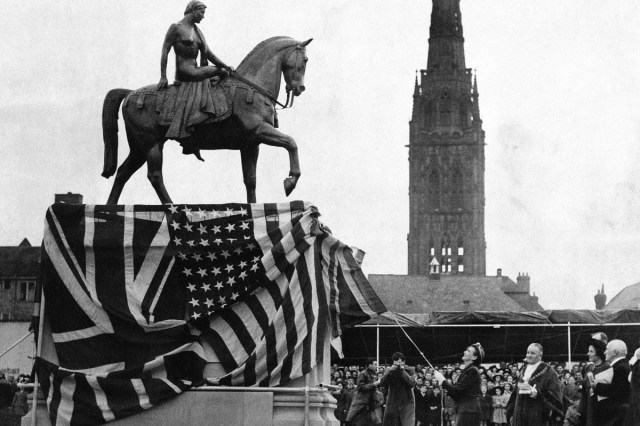Was Lady Godiva Real?
Britain is a land of countless myths and legends, including King Arthur and the Knights of the Round Table, Robin Hood and his band of Merry Men, and King Canute commanding the tide not to rise. Many of these staples of British folklore mix fact and fiction, blurring actual historical realities and often leaving readers somewhat confused as to which parts are based on truth.
The legend of Lady Godiva is no exception. It’s a compelling tale of noble sacrifice and protest that has captivated the public imagination for centuries. And it’s a tale that blends historical fact with creative embellishment, which has led historians to debate what exactly happened. The most pertinent question, of course, regards our central character, Lady Godiva. Was she real? Did she actually exist? And if she did, did she ride naked through the streets of Coventry? Let’s take a look at this enduring legend and sort the facts from the fiction.
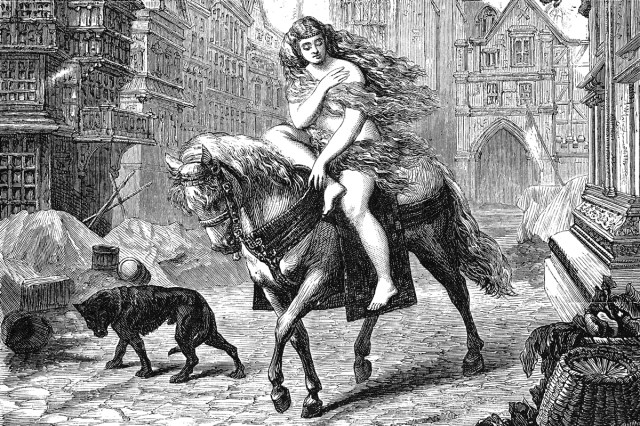
Lady Godiva’s Naked Horseback Ride
According to popular legend, Lady Godiva, an 11th-century Anglo-Saxon noblewoman, was disturbed by the heavy taxation that her powerful husband, Leofric, Earl of Mercia, had imposed on the citizens of Coventry, England. She repeatedly pleaded with him to reduce this burden on the townspeople. After numerous refusals, Leofric finally agreed to lower the taxes but only if his wife accepted what he considered an impossible condition: She would have to ride through the streets of Coventry in the nude.
Lady Godiva called her husband’s bluff and took up his challenge. She issued a proclamation that all citizens must remain indoors with their windows shuttered on the appointed day. She then mounted her horse, naked save for her famously long hair, which covered her body as she rode through the silent streets of Coventry. Impressed by his wife’s bravery and devotion to her people, Leofric kept his promise and abolished the oppressive taxes.
Later versions of the legend introduced another character who has endured to this day, and whose name has become a common expression in the English language: Peeping Tom. Tom, according to folklore, was a tailor who, unlike his fellow townsfolk, couldn’t resist looking at the beautiful Lady Godiva as she rode by his window. For this violation, he was allegedly struck blind instantly — a divine punishment for disrespecting Godiva’s noble sacrifice.





